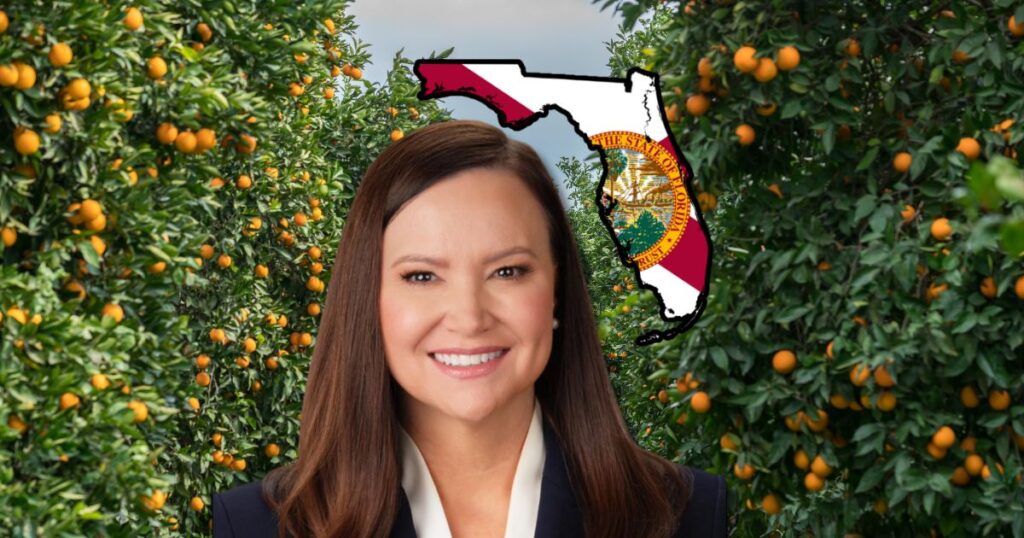Florida’s signature citrus industry could soon experience a revival as the US Food and Drug Administration (FDA) modernizes the standards for pasteurized orange juice. The proposal is in line with the law introduced by Senator Ashley Moody in April, aiming to reduce the minimum brix level (a measure of sugar content) from 10.5% to 10%.
Industry leaders believe this adjustment will better reflect the natural sweetness of Florida oranges, saving juicemakers more than $50 million a year and reduce their dependence on foreign citrus imports.
Moody Reed leads the protection of citrus fruits in Florida
Senator Moody celebrates the proposed rules during a gathering of growers and citrus executives, calling them an important step towards protecting Florida’s agricultural heritage. “Our nation is world-renowned for our fresh Florida orange juice, but that recognition is at stake due to the bureaucratic red tape that hurts our growers and growers,” Moody said. “In April, I met with the citrus leaders and brought their concerns directly to President Trump. He listened. I would like to thank the FDA and Commissioner McCalley for taking action to support the citrus industry in Florida.”
The proposed rules reflect Moody’s domestic orange juice production law, and were introduced earlier this year to address industry challenges caused by hurricanes and citrus greening disease.
Industry leaders support FDA action
Chris Groom, CEO of Florida’s Natural Growers, said the change is important for the survival of Florida’s iconic orange glove. “As a farmer-owned cooperative for over 90 years, we are grateful for Senator Moody’s commitment to Florida’s citrus industry,” the groom said. “Her efforts to modernize the standards will help Florida farmers navigate the reality of today’s agriculture and maintain the state’s citrus heritage for future generations.”

Economic and agricultural impacts
The FDA claims that low brix requirements do not affect the taste or nutritional value of the juice, but they help producers reduce costs while maintaining more production in the US.
For decades, citrus growers in Florida have faced challenges such as citrus greening disease, hurricanes and competition from imports. Proponents of the rules argue that this modernization will stimulate domestic orange juice production, protect Florida’s agricultural brands, and provide stability to farmers.


